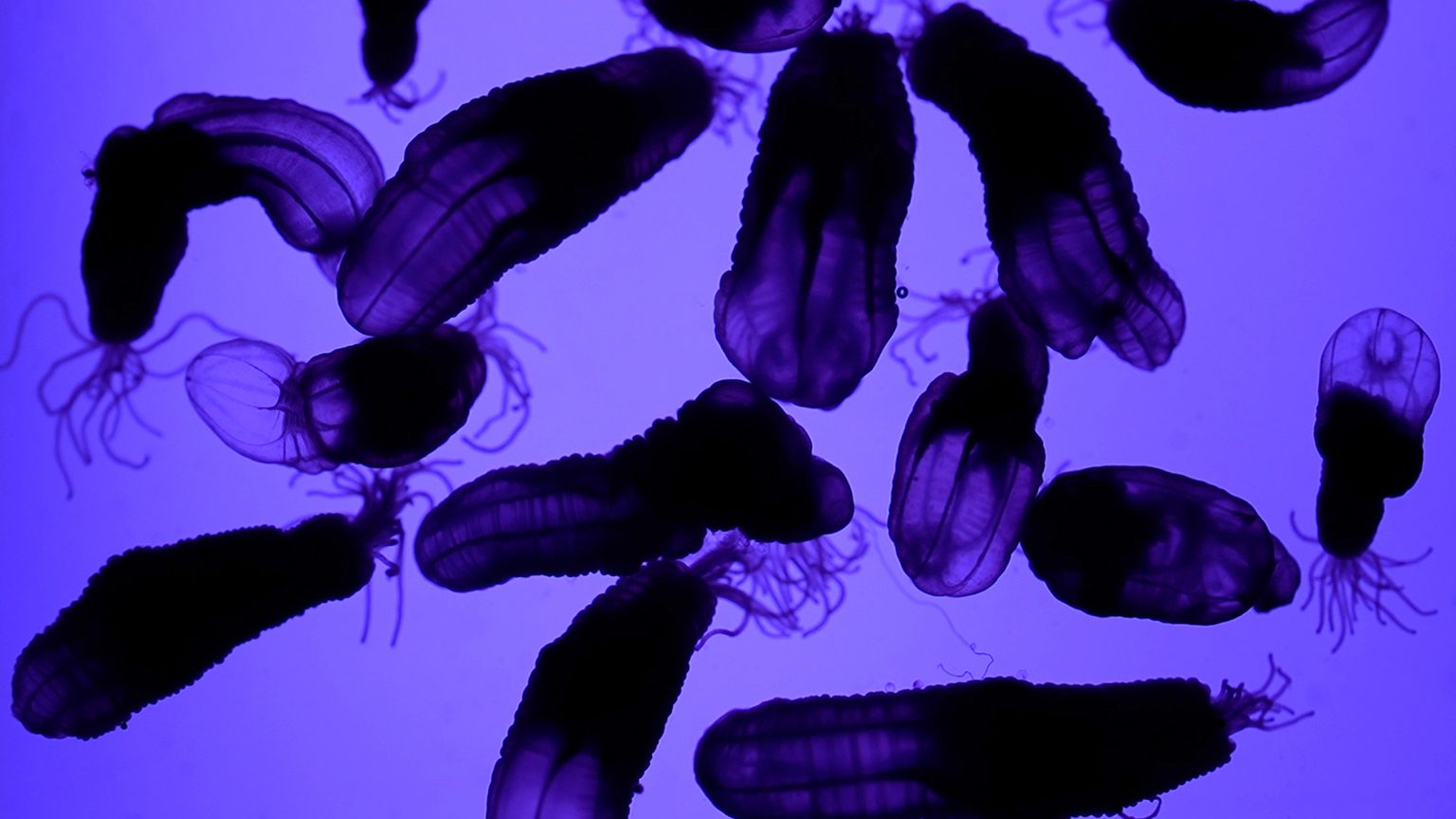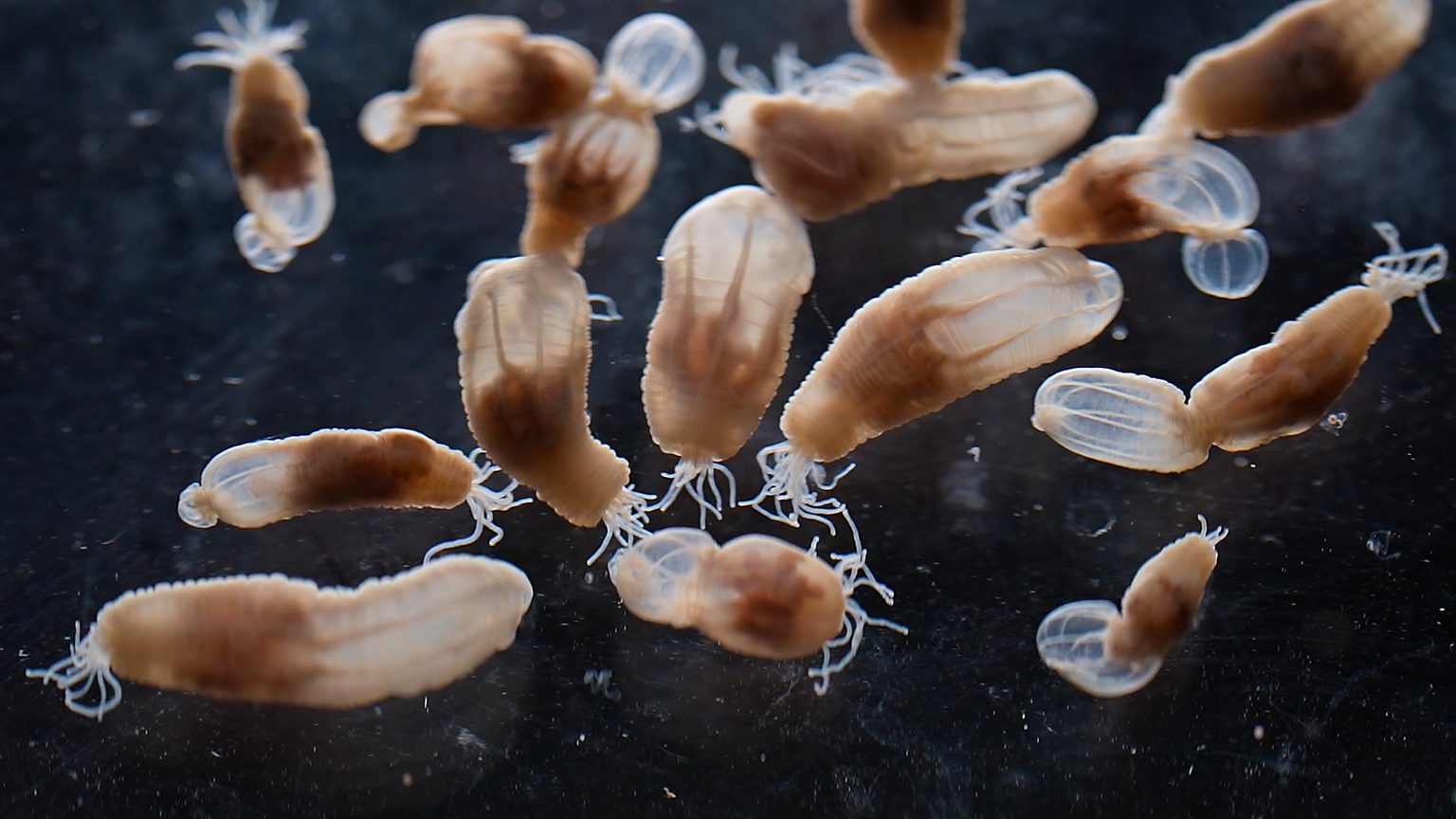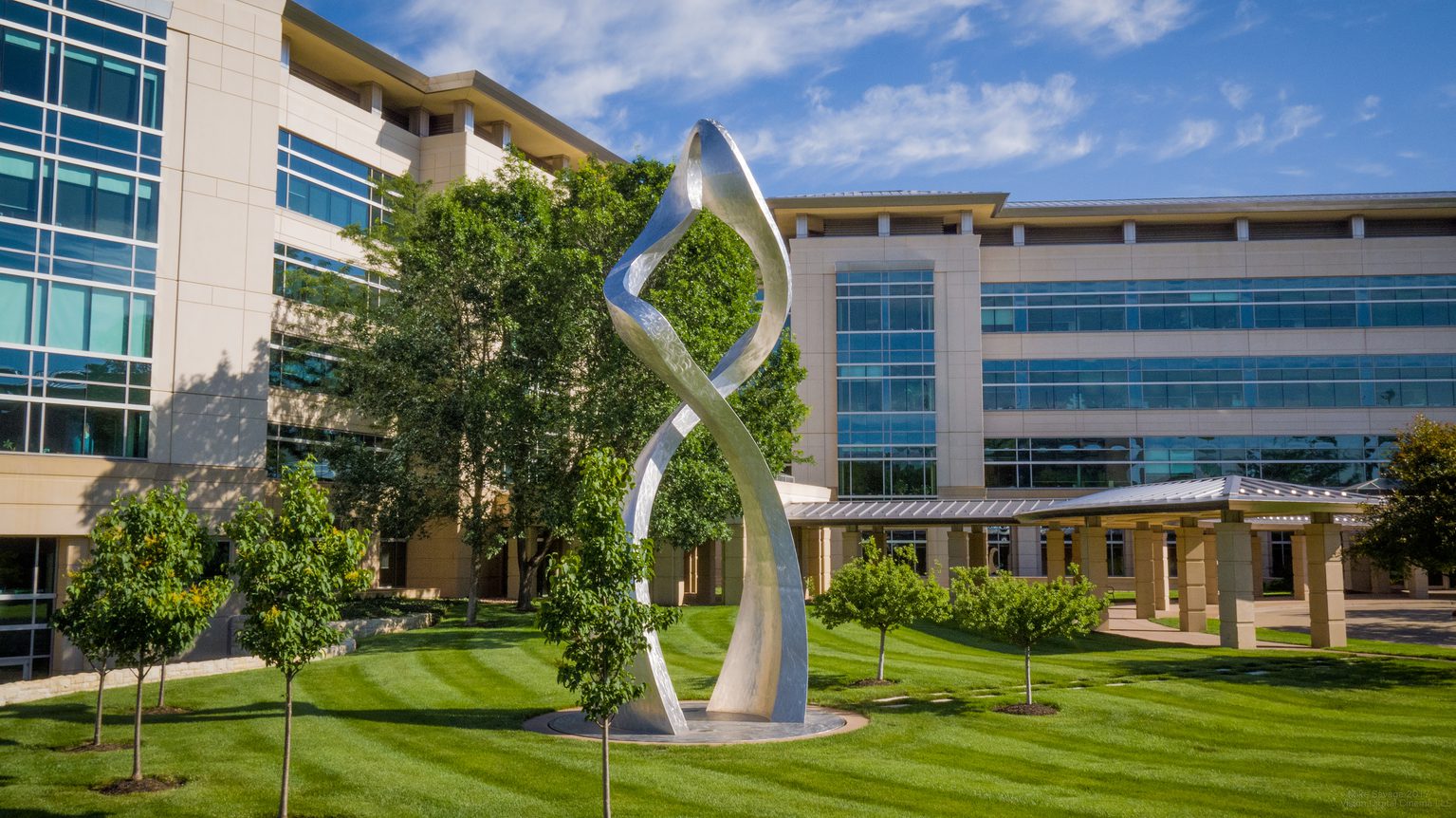Research
Research


Building on this background, the Gibson Lab transitioned to study the development and evolution of epithelial tissues in cnidarians, using the starlet sea anemone Nematostella vectensis. By developing a plethora of new methods and integrating functional genomics, live imaging, and evolutionary comparisons, the Gibson Lab now investigates how ancient developmental networks regulate processes such as cell division, embryonic epithelialization, cell polarization, and axial patterning. Additional projects in the lab are exploring stinging cell morphogenesis, neurobiology and behavior, stem cell biology, and reproduction, providing key insights into the origins of complex body plans and other key biological processes shared between cnidarians and vertebrates.

Most recently, the Gibson Lab has further extended its research to reef-building corals such as Acropora millepora and Montipora capitata, tackling both developmental and ecological questions. By applying molecular and cellular approaches and leveraging an on-site coral reproduction facility, the lab is investigating mechanisms of coral growth, symbiosis, and resilience. This comparative work not only illuminates the evolution of development but also extends rigorous molecular genetic methods to pressing environmental challenges, including coral reef decline due to coastal pollution and climate change.

In addition to leading a productive research program, Dr. Gibson has held major academic leadership roles. He was appointed Dean of the Graduate School of the Stowers Institute in 2018 and became its third President in 2024. In these roles, he has combined his passion for scientific research with institutional leadership, helping to shape graduate education and mentor the next generation of scientists.

Matt Gibson on mentorship and the future of the Stowers Graduate School